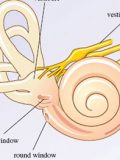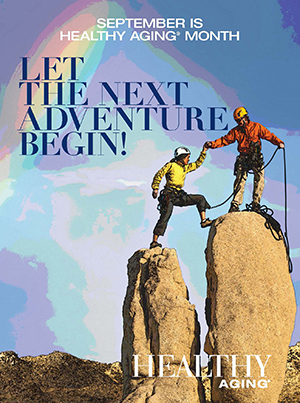
Photo: Deposit Photos
By Landon Hudson
Addiction. For celebrities struggling with substance addiction, the recovery process is often anything but private. That was recently the case for singer Demi Lovato, whose relapse of drug use led to a hospitalization and rehab.
But the problem — and public stigma — can affect anyone, regardless of age, gender or social status.
“Addiction is really stigmatized; it comes from a fundamental misunderstanding of what addiction is,” said Jonathan Morrow, M.D., Ph.D., an assistant professor of psychiatry at the University of Michigan.
“People see that drugs are being used over family and work, but no one chooses to be an addict.
“It’s not a life that people want to live; it’s a disease of the mind, and it’s not helpful to blame people for a disease that they have,” Morrow said.
Substance use problems can begin when addictive drugs activate motivational systems in the brain, creating a strong urge to use the drug repeatedly, regardless of negative consequences and side effects.
The resulting addiction is a mental battle that can turn people’s own minds against them.
“They are convincing themselves that using the drug is a good idea, when really that motivation is unconscious,” Morrow said. “They come up with reasons to justify using the drug such as, ‘It’s OK to have a drink, I deserve it’ or ‘I won’t get better, so why try?’ This isn’t coming from the person themselves. It’s coming from their addiction.”
How Addiction Takes Hold
The severity of an addiction and its triggers can vary from person to person — and genetics and life experiences can play a role. It is common to relapse and go back into drug use because of intense subconscious yearnings.
Which is why people often need to spend as much effort resisting the drug during recovery as they were willing to spend acquiring the drug when they were using, Morrow said. It takes mental and physical strength to break the overwhelming urges.
“It’s not a life that people want to live; it’s a disease of the mind, and it’s not helpful to blame people for a disease that they have,” said Jonathan Morrow, M.D., Ph.D.
“Addictions are fundamentally irrational,” Morrow said. “People may lose their job, their family and everything they care about, but the drug doesn’t care about those things. It activates subconscious parts of the brain that mindlessly draw them back to the drug, regardless of the consequences.”
The difficulty, he notes, is recognizing what’s happening and getting the conscious mind back in charge of behavior.
Choosing to seek help to regain conscious control can be a long process, often with many ups and downs. Desire for an addictive drug may lead to a relapse, even during treatment.
“During a relapse, there’s usually a trigger that produces very powerful cravings,” Morrow said, “and every time you use the drug they get stronger, which makes it difficult to break the cycle.”
Treatment Options for Addiction
During recovery and treatment, patients learn techniques to avoid the drug their body has become dependent on and how to identify triggers that cause these cravings.
People learn how to break the methods they have used to obtain the drug, finding new activities to focus on instead.
Treatment options include:
• Peer support groups such as Alcoholics Anonymous
• Talk therapy
• Motivational enhancement, which tries to increase the desire to stop using drugs
• Cognitive behavioral therapy, which focuses on identifying and avoiding triggers and teaches coping strategies to use instead of drugs
• Medication in combination with other treatment approaches
Another Key Part of Recovery is Peer and Family Support
“You should talk to a person about their addiction or substance use in a nonjudgmental and supportive way, coming from a place of love,” Morrow said. “It’s not helpful to blame the person or pile guilt because that often makes people push away from the help they really need.”











